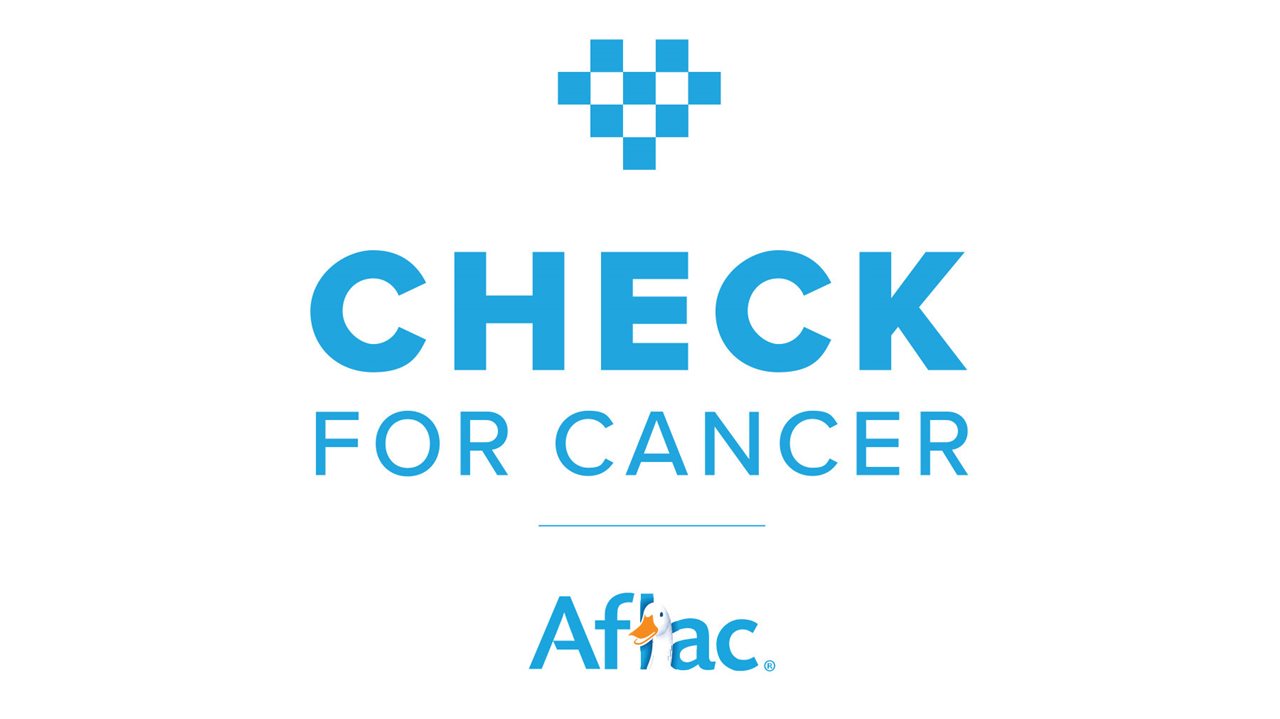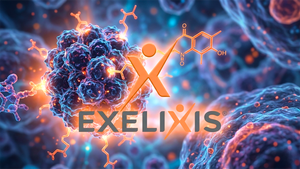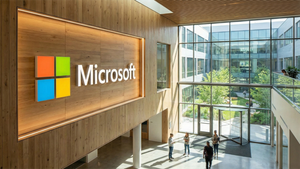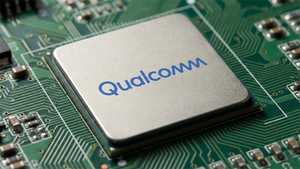(BPT) - According to the American Cancer Society, 1 in 3 people will experience a cancer diagnosis in their lifetime.1 That's the bad news. The good news is that due to advancements in treatment, along with preventive actions, cancer is becoming increasingly treatable. In fact, while cancer continues to be the second most common cause of death in the U.S., the cancer death rate fell 32% from 1991 to 2019.2
The reminders are everywhere: Early detection saves lives. But not only that - it can help protect families after diagnosis and into survivorship. According to a recent study from the Journal of the American Medical Association (JAMA), the cost of a cancer diagnosis is on the rise, with an average monthly out-of-pocket health care cost that is $592.53 higher than those who have not been diagnosed. And for those whose diagnosis came early, stage 0, for example, average monthly costs are roughly 36% less than those diagnosed at stage 4.3

Aflac wants to turn the everyday checkered pattern into a constant reminder to get checked for cancer.
So, how can we use these statistics to our advantage? Well, in addition to seeing the data everywhere, there are reminders all around us, part of the scenery, but often overlooked. Aflac recently initiated a multimedia campaign, including a video that ran on ESPN during the Aflac Kickoff Game on Aug. 31, to turn one of these images, a simple checkered pattern, into a valuable prompt. If you see a check, think about getting checked for cancer.
There is some urgency here. With all of the information that can help people help themselves, many Americans still aren't checking the box when it comes to checking for cancer. In fact, according to Prevent Cancer Foundation, 65% of American adults report not being up to date on at least one routine cancer screening,4 meaning that they are often flying blind, rather than having priceless knowledge that could help save their lives, or more often provide the peace of mind of knowing they are healthy and safe.
The Check for Cancer message isn't just for those typically associated with such a diagnosis. While it is true that cancer is still a disease of age, new guidelines recommending screenings for cancers like colorectal cancer at younger ages are having an impact. More adults aged 45-49 are getting screened, leading to a surge in early-stage diagnoses.5 That is a good thing, because this can lead to better outcomes and less expensive treatments.
Aflac's powerful reminder for Americans to get checked for cancer comes from the heart, but its origins come from decades of experience and data that show that while treatments may be improving and more people are surviving, cancer remains a leading health concern. You have the power to help change that. Know your risks and get checked for cancer. For resources and information on screening guidelines and risk factors, visit Aflac.com/CheckForCancer. And please help us share the message. Post on social media using #CheckForCancer and Aflac will donate $5 to support childhood cancer care and research, up to $1 million.
1American Cancer Society, Lifetime Risk of Developing or Dying From Cancer, https://www.cancer.org/cancer/risk-prevention/understanding-cancer-risk/lifetime-probability-of-developing-or-dying-from-cancer.html
2American Cancer Society, Risk of Dying from Cancer Continues to Drop at Accelerated Pace, https://www.cancer.org/research/acs-research-news/facts-and-figures-2022.html
3JAMA Network, Estimated out-of-pocket costs for patients with common cancers and private insurance, page 1, https://jamanetwork.com/journals/jamanetworkopen/fullarticle/2836518?resultClick=1
4Prevent Cancer Foundation, https://preventcancer.org/news/65-of-americans-21-years-of-age-and-older-report-not-being-up-to-date-on-at-least-one-routine-cancer-screening/
5Wall Street Journal, A turning point in colon cancer: Young people are finding it earlier, https://www.wsj.com/health/healthcare/colon-cancer-screening-young-adults-5900a8a6?mod=Searchresults_pos1&page=1
C4C2522




